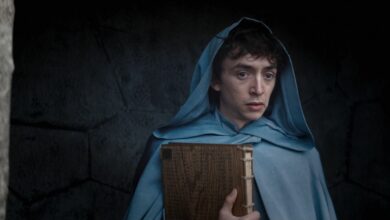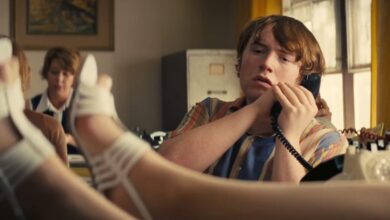The Fabelmans Ending Explained: Let’s Talk About The Ending and Its Importance Within The Poetics Of Steven Spielberg
After more than five decades in the business, Steven Spielberg has returned to his roots with The Fabelmans, the slightly fictionalized version of what is effectively his origin story: his passion for cinema at an early age, his parents’ divorce, and various other experiences that they contributed to the creation of the recurring elements of his poetics. This is a conclusion that perfectly sums up a century of American cinema and the impact it has had on Spielberg. This is what we want to talk about in our explanation of The Fabelmans ending. Of course, the article contains spoilers.
The Fabelmans: Plot Summary
The Fabelmans is the story of Sammy Fabelman (played by Mateo Zoryna Francis-Deford as a child and Gabriel LaBelle as a teenager), a Jewish boy from New Jersey. One evening in 1952, his parents (Michelle Williams and Paul Dano) take him to the cinema for the first time, to see Cecil B. DeMille’s The Greatest Show on Earth. The young Sammy is impressed, and with his first camera, he decides to recreate the sequence that impressed him the most.
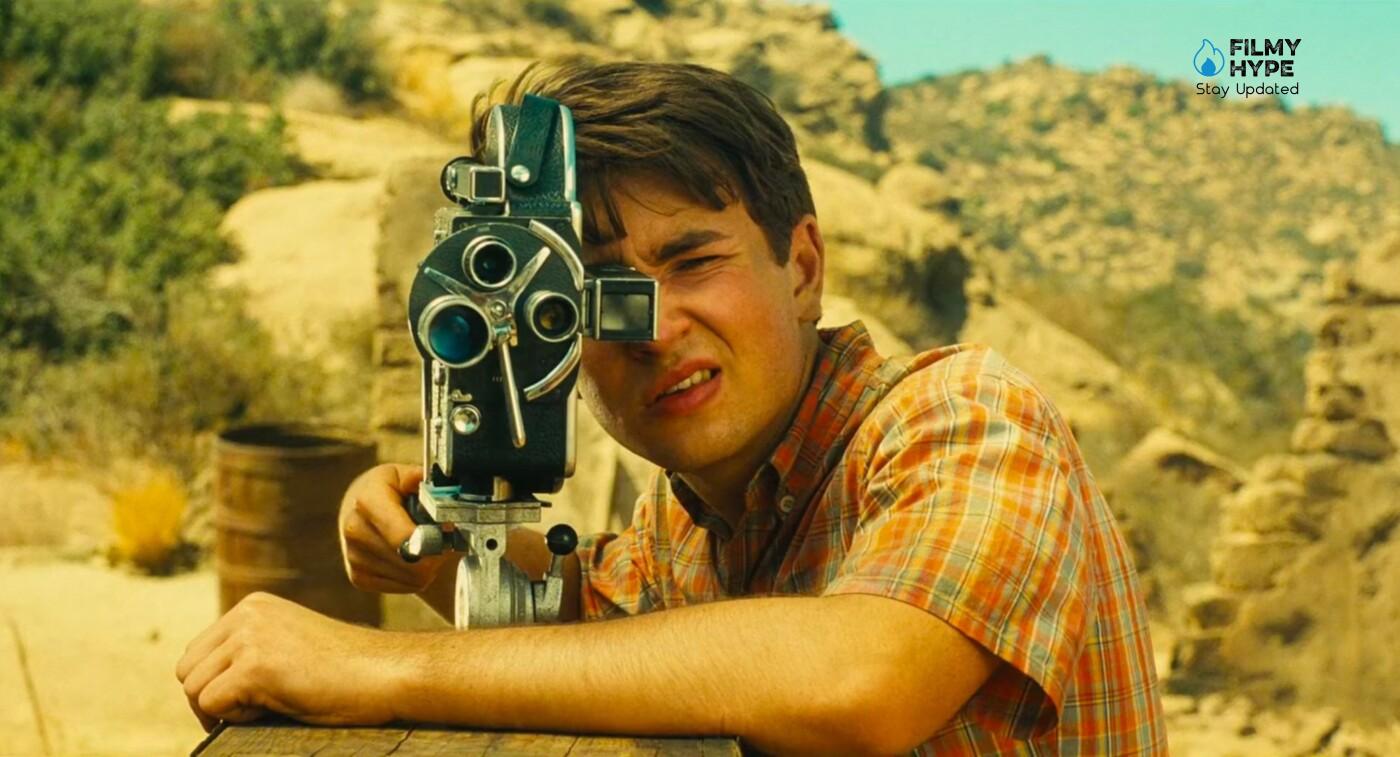
From there was born an unbreakable passion for moving images, severely tested by the constant removals linked to the work of his father, a computer technician who has no particularly flattering words for his son’s artistic ambitions (while the mother, a pianist, supports him without hesitation). Over the years, he continues to tour with his sisters and friends, hoping to someday reach the coveted Hollywood milestone.
The Fabelmans Ending Explained: In Front Of The Master
A part of the finale is subtly revealed by the official poster of The Fabelmans, which shows, modified, the farewell image of the film, with the young Sammy Fabelman walking between the various soundstages of CBS, where he has just been hired to assist on a television set. But before arriving at that moment, there is a decisive encounter for the aspiring filmmaker: aware of his passion for the seventh art, producer Bernie Fein offers him the opportunity to speak face-to-face with “the greatest director of all time,” who at that very moment is in the building. That director is John Ford, now on the boulevard of sunset (we are in 1965, and he has only one film left that he will be able to complete, apart from a documentary that will be released posthumously in 1976), but still gifted with acumen and (self) irony, to the point of asking, “Why?” When he learns that Sammy wants to work in film as if it were the most demeaning job on the planet.
New Horizons
The meeting with Ford happened, as did the conversation about where to place the horizon within the frame. Ford explains, in slightly more vulgar terms than the real discussion that Spielberg reported in various interviews: “When the horizon is up, it’s interesting. When it’s down, it’s interesting. When it’s in the middle, it’s a deadly ball! I got it? ”. To Sammy’s affirmative answer, the great director then comes up with “Good luck. Now get out of my fucking office!” (a hilarious application of the rule according to which, in a film that wants the PG-13 visa for the American market, the famous curse word can only be used once). The young Fabelman then comes out in the middle of the studios, and as he goes towards his destiny the camera moves to respect the delivery on the horizon, signaling that the advice will be an integral part of Spielberg’s filmography (just think of how Indiana Jones and the Last Crusade ends).
The Right Interpreter
There is something poetic in the choice to close the film with that meeting: Spielberg decided to make the film during the pandemic, after years of hesitation, because the crisis in which the entire film industry found itself prompted him to reflect on his relationship with the cinema and with the medium of film. It is therefore right that Ford is the one who gives the final push to his alter ego on the screen, a symbol of a way of thinking about films that would not go down well with today’s industry, obsessed with making money even to the detriment of the quality of the experience of the spectator (Ford was notoriously hostile towards any corporate intervention on his sets, and his grumpy personality was an accurate weapon to be able to work in peace).
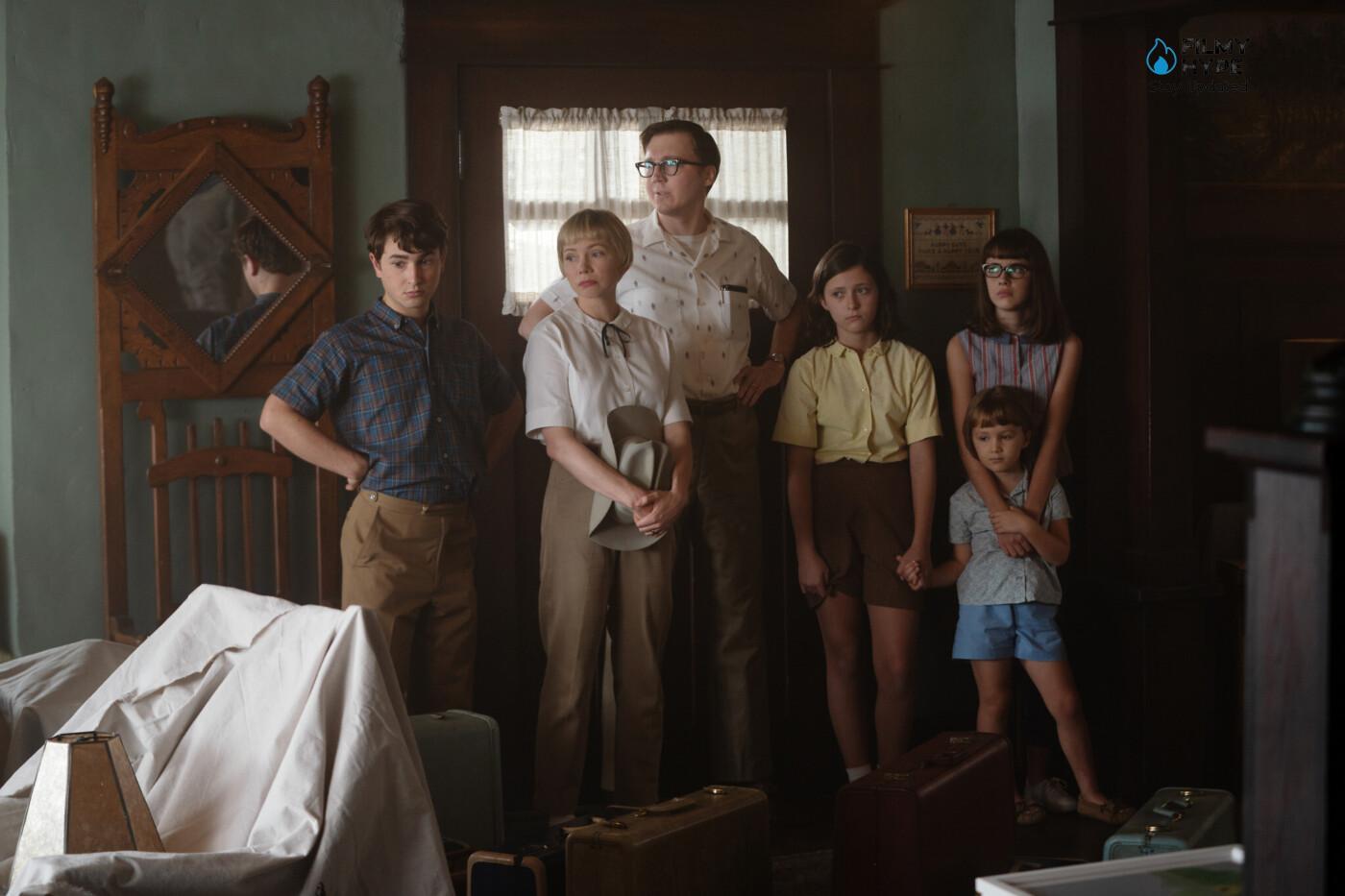
And it is equally right that, through an intuition suggested by journalist Mark Harris (husband of co-screenwriter Tony Kushner), that volcanic personality emerges from the mild face of David Lynch, Spielberg’s contemporary and, albeit differently, spokesperson for a poetic full of wonder and the interaction between real and unreal, inspired by classic Hollywood cinema (Lynch is an open and openly fan of Victor Fleming’s The Wizard of Oz). Two not-so-distant personalities, reunited in a fictitious way through the reworking of one of Spielberg’s funniest memories.
Three Generations On Screen
That ending is also the way to reflect on the evolution of audiovisuals, combining past, present, and future in a few minutes of the film: there is Ford, old Hollywood incarnate, one for whom the small screen (he signed a few episodes for several series between 1955 and 1962) represented the end of his career and not the beginning; there are Spielberg and Lynch, two authors who have been able to redefine the potential of television by bringing a more cinematic taste (it is no coincidence that Duel was released in theaters in Europe, not to mention the special screenings of episodes of Twin Peaks); and in choosing to entrust the role of Bernie Fein to the actor Greg Grunberg, there is an allusion to JJ Abrams, the one who brought the symbiotic relationship between the two screens into the new millennium, which owes much to the work of Spielberg (who collaborated with Abrams for Super 8, another homage to the love for cinema that started at an early age).
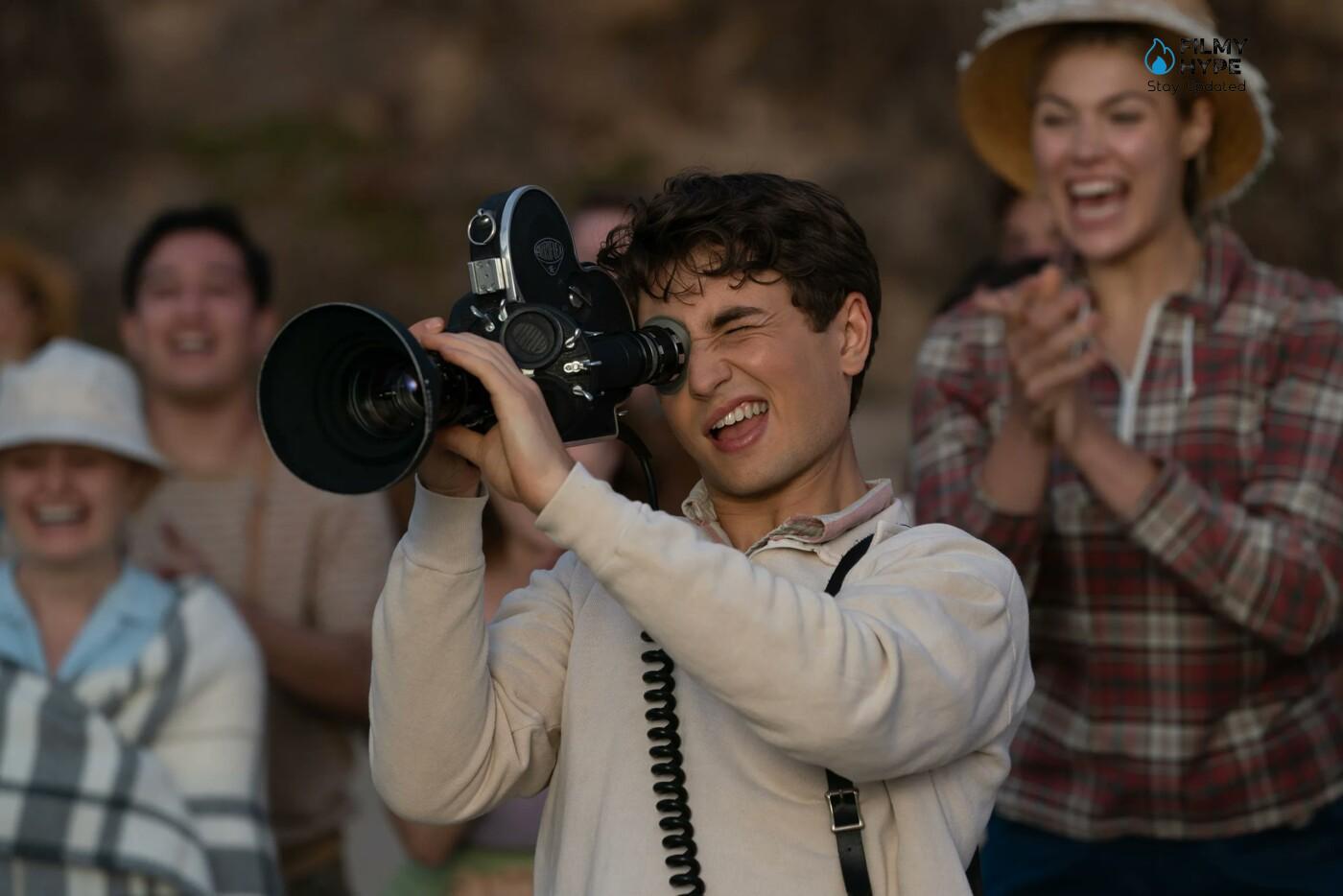
But despite the freedoms that television and streaming can offer today, the allure of the big screen remains unchanged. And for this reason, in the end, Sammy leaves the CBS building, reinvigorated by Ford’s frankness, and heads towards new horizons, with the camera going upwards, beyond the limits imposed by the cathodic mentality. Ready to realize those dreams that we will never forget, as his mother says when describing the films. Huge dreams, sometimes close to nightmares (if we think of the darkest period in the years following 9/11), were always there, in the room. And strictly without slipping into “death ball” territory.


